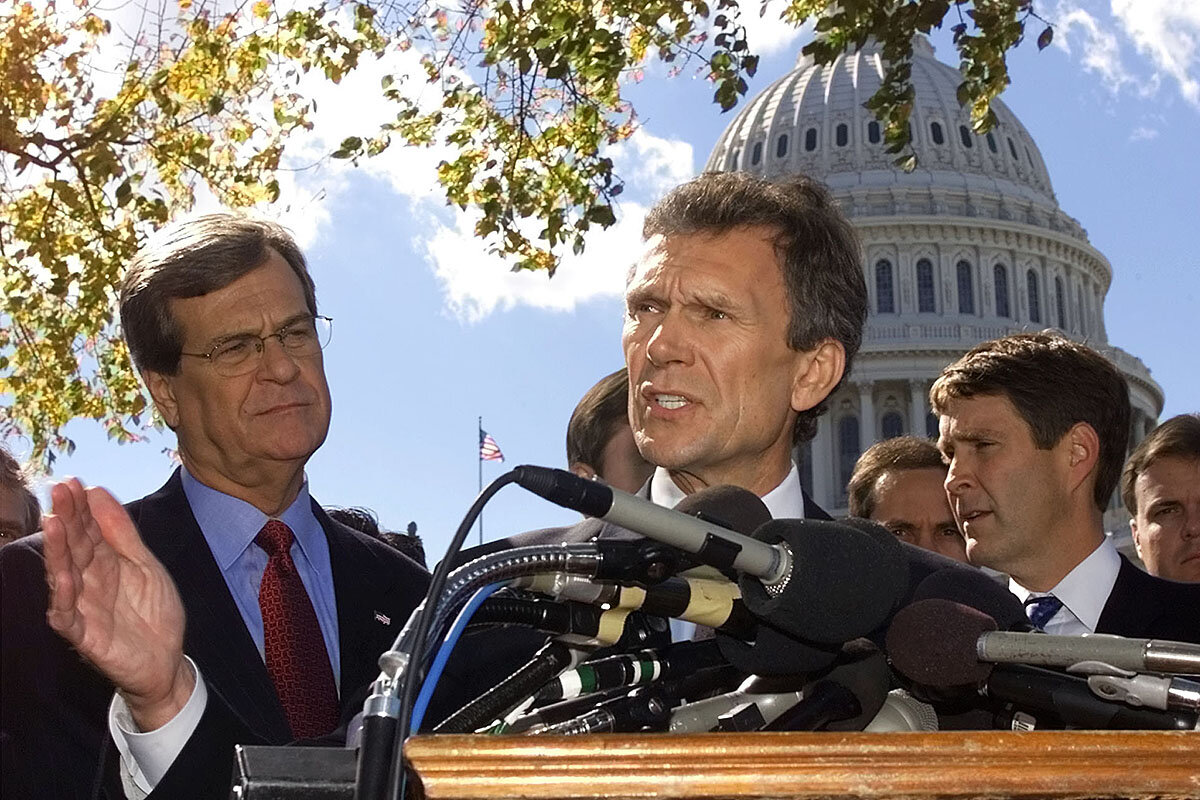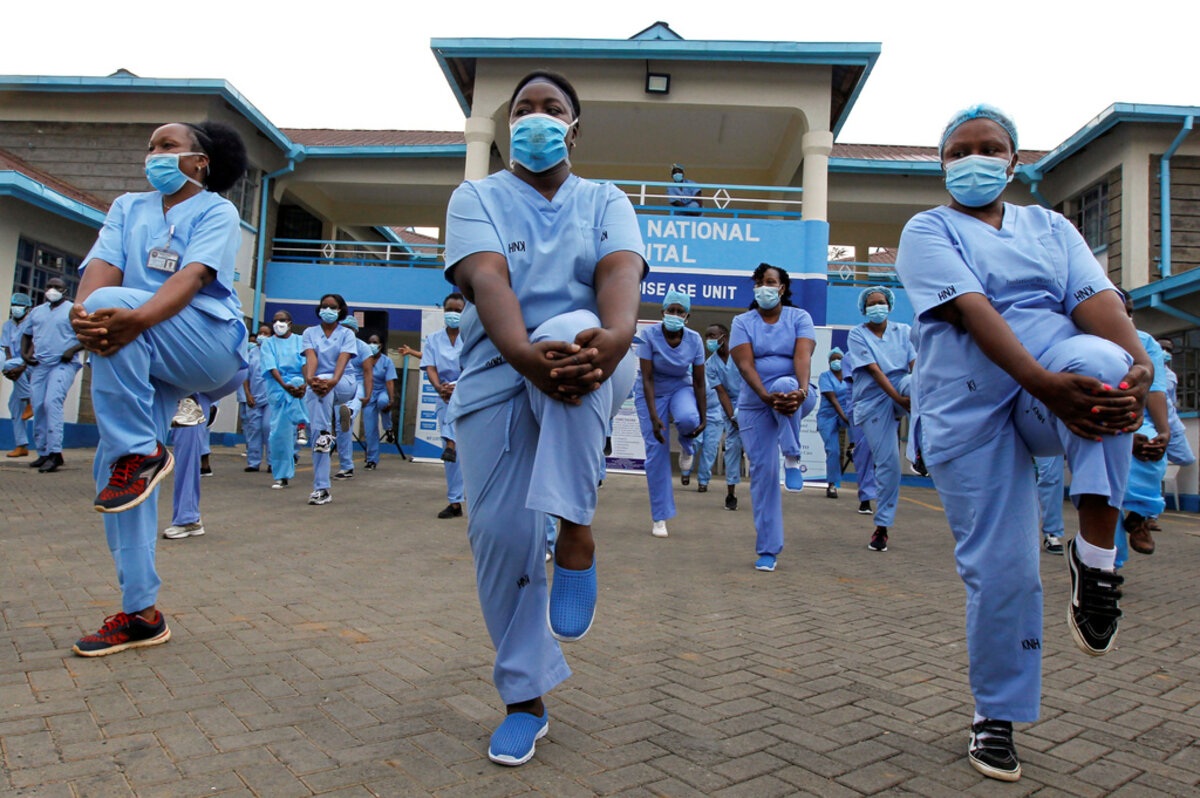If scientists can create a new way to predict climate change – making it as accurate as, say, forecasting the weather – it would help people make everyday decisions: how high to build a sea wall or what crops to plant.
Monitor Daily Podcast
- Follow us:
- Apple Podcasts
- Spotify
- RSS Feed
- Download
 Linda Feldmann
Linda Feldmann
At the end of a momentous week, please forgive me for writing about something utterly trivial: Bernie Sanders’ mittens. The Vermont senator was photographed Wednesday watching the inauguration in his folding chair, socially distant on the Capitol steps and wearing classic dadcore: blue surgical mask, Burton parka, oversized wool mittens.
Thus was launched a thousand internet memes: Senator Sanders atop the throne in “Game of Thrones”; riding the iron beam high above New York City; sitting alongside Forrest Gump. A bobblehead was instantly on presale. The senator himself had fun with the story on Seth Meyers’ show.
Having a good laugh on Inauguration Day was a needed balm after the horrors of Jan. 6 and general stress about security in Washington and around the country. The meme was also a reminder that social media can bring joy. But perhaps the most heartwarming – or hand-warming? – aspect was the origin story of Mr. Sanders’ mittens.
They were made by a schoolteacher in Essex Junction, Vermont, named Jen Ellis, who gave them to her senator in 2016. She uses repurposed wool sweaters and lines them with fleece made from recycled plastic. Thousands of people have emailed her, hoping to buy some.
But alas, Ms. Ellis is out of the “switten” business – her portmanteau for “sweater mittens,” she tells Jewish Insider. As for Mr. Sanders, they’re not about fashion, they’re about staying warm. In Vermont, he deadpanned on CBS, “we know something about the cold.”










